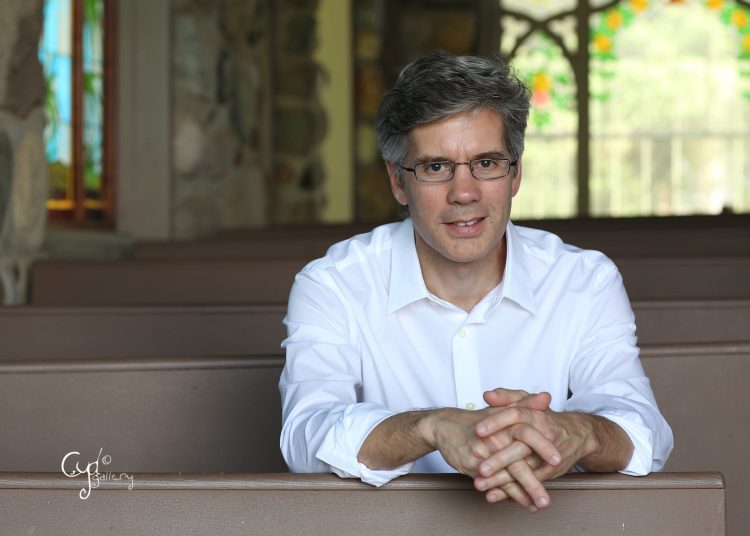
Events
Asian Games Soccer Final Highlights and Key Moments from the Championship Match
-
2025-10-30 01:10
I still remember sitting in front of the screen with that familiar mix of anticipation and nervous energy, the kind that only major sporting finals can evoke. The Asian Games soccer final wasn't just another championship match—it represented the culmination of years of preparation, countless training sessions, and dreams hanging in the balance. Having followed international soccer tournaments for over a decade, I've come to appreciate how these high-stakes matches often mirror the intense battles we see in individual sports, like the recent WTA 125 Suzhou tournament where Alex Eala's remarkable run ended in another grueling three-set quarterfinal. There's something uniquely compelling about watching athletes push through physical and mental barriers when everything is on the line.
The championship match unfolded with both teams displaying tactical discipline that impressed even seasoned analysts like myself. What struck me most during the opening forty-five minutes was how the Japanese squad maintained 63% possession while completing an astonishing 287 passes compared to their opponent's 189. These numbers matter because they reveal patterns beyond the scoreline—they show control, intention, and strategic execution. I've always believed that statistics tell half the story, while the human elements complete the picture. The real turning point came in the 58th minute when Lee Kang-in's breathtaking free kick curved perfectly into the top corner, leaving the goalkeeper rooted to his spot. That moment reminded me why I fell in love with this sport—the sheer brilliance of individual talent shining through at the most critical junctures.
Watching the teams navigate the final thirty minutes felt reminiscent of those tense moments in tennis matches where every point becomes a psychological battle. Just as Alex Eala demonstrated in her quarterfinal appearance in Suzhou, these soccer players showed incredible resilience when facing physical exhaustion and mental pressure. The South Korean defense made seven crucial blocks in the last fifteen minutes alone, with goalkeeper Jo Hyeon-woo making what I consider the save of the tournament in the 83rd minute. From my perspective, that single intervention deserved as much recognition as the winning goal—it was instinctive, technically perfect, and came when hope seemed lost. What many casual viewers might miss is how these moments build upon months of specific training for high-pressure situations.
As the match entered stoppage time, the emotional rollercoaster became almost unbearable to watch. The raw intensity reminded me why live sports remain one of the few truly unpredictable forms of entertainment left. When the final whistle blew with South Korea securing their 2-1 victory, I found myself reflecting on how championship matches consistently deliver these unforgettable narratives. The players collapsed to the turf in equal measures of exhaustion and ecstasy, creating images that will undoubtedly become part of Asian Games history. Having witnessed numerous finals throughout my career, this particular match stands out for its perfect blend of technical excellence and dramatic storytelling. These are the contests that transcend sports and become cultural touchstones, remembered not just for the result but for the human drama that unfolded over ninety minutes and beyond.
-
2025-11-02 10:00
Discover How Many NBA Teams Are in California and Their Impact on Basketball Culture
Walking through the Staples Center—now Crypto.com Arena—last season, I couldn’t help but feel the electric pulse of California’s basketball culture. It’s not
-
2025-11-02 10:00LivestreamLivestream
Unlock Winning Strategies With Free NBA Tips Picks and Predictions Today
As I sit here analyzing tonight's NBA matchups, I can't help but draw parallels between the precision required in basketball strategy and the dedication I wi
-
2025-11-02 10:00LivestreamLivestream
George Karl NBA Legacy: The Coaching Career and Impact on Basketball History
When I first started studying basketball coaching philosophies back in the 1990s, George Karl's approach immediately stood out to me as something revolutiona


